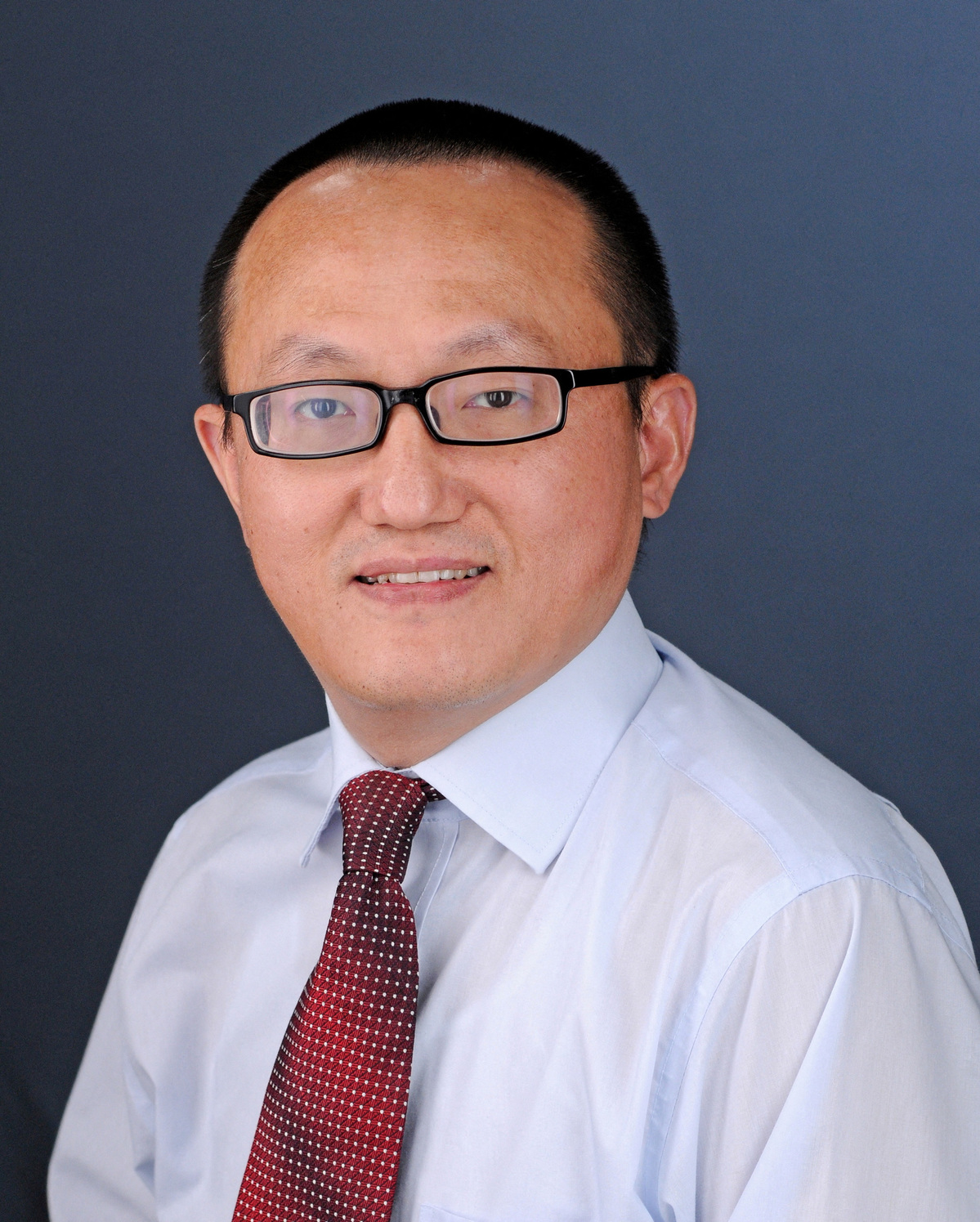Judge acquits researcher of three wire fraud convictions


A federal judge in Kansas has acquitted a researcher born in China of three convictions after ruling that prosecutors had failed to provide sufficient evidence.
Feng Tao, a professor of chemical engineering at the University of Kansas, was charged in 2019 with not disclosing that he was working for Fuzhou University in China while employed at the university.
A jury convicted Tao in April for three counts of wire fraud and one count of making a false statement, but US District Judge Julie Robinson postponed sentencing, saying she saw "significant issues" with the government's evidence.
Tao's lawyers filed a motion for judgment of acquittal in May. The judge on Tuesday tossed three of four convictions for wire fraud, leaving only a conviction for making a false statement on a form.
In the 52-page ruling, she wrote, "Viewing the evidence in the light most favorable to the Government, the Court finds that the evidence was legally and factually insufficient to support Tao's wire fraud convictions."
During the trial, federal prosecutors argued that Tao concealed his work in China to defraud the University of Kansas, the US Department of Energy and the National Science Foundation. The federal agencies had awarded Tao grants for research projects at the university.
"Though Tao was deceptive in not disclosing his activities at FZU (Fuzhou University), there was no evidence that Tao obtained money or property through the alleged scheme to defraud, as required under the wire fraud statute," wrote Robinson in her ruling.
Judgment of acquittal, in which a judge can clear a defendant even when a case has been left to a jury, is rarely granted.
In a similar case, a federal judge in Tennessee acquitted Anming Hu, a Chinese-born professor at the University of Tennessee, Knoxville, of wire fraud and other charges in September 2021. The judge said he granted Hu's motion for judgement of acquittal because "the prosecution's failure is clear".
Tao was the first academic to be indicted under the China Initiative in August 2019. The program was launched by former President Donald Trump in 2018 to fight economic espionage.
Under pressure from critics who accused the China Initiative of racial profiling and several failed prosecutions, the government discontinued the program in February.
The China Initiative has resulted in dozens of prosecutions. However, in many of the cases, academics have been accused of fraud relating to grant programs or visa forms, rather than of economic espionage.
Tao was born in China and moved to the US in 2002. He began working in 2014 as a tenured associate professor at the University of Kansas' chemistry and petroleum engineering departments.
Tao specializes in surface science nanotechnology, which is important in the production of semiconductors, fuel cells, pharmaceuticals and other products.
Just months before his arrest, Tao received the University Scholarly Achievement Award in April 2019, one of just four professors to get that recognition.
Tao's attorney, Peter Zeidenberg, said the defense team is considering its next steps related to the false statement conviction, which carries a possible sentence of up to five years.































